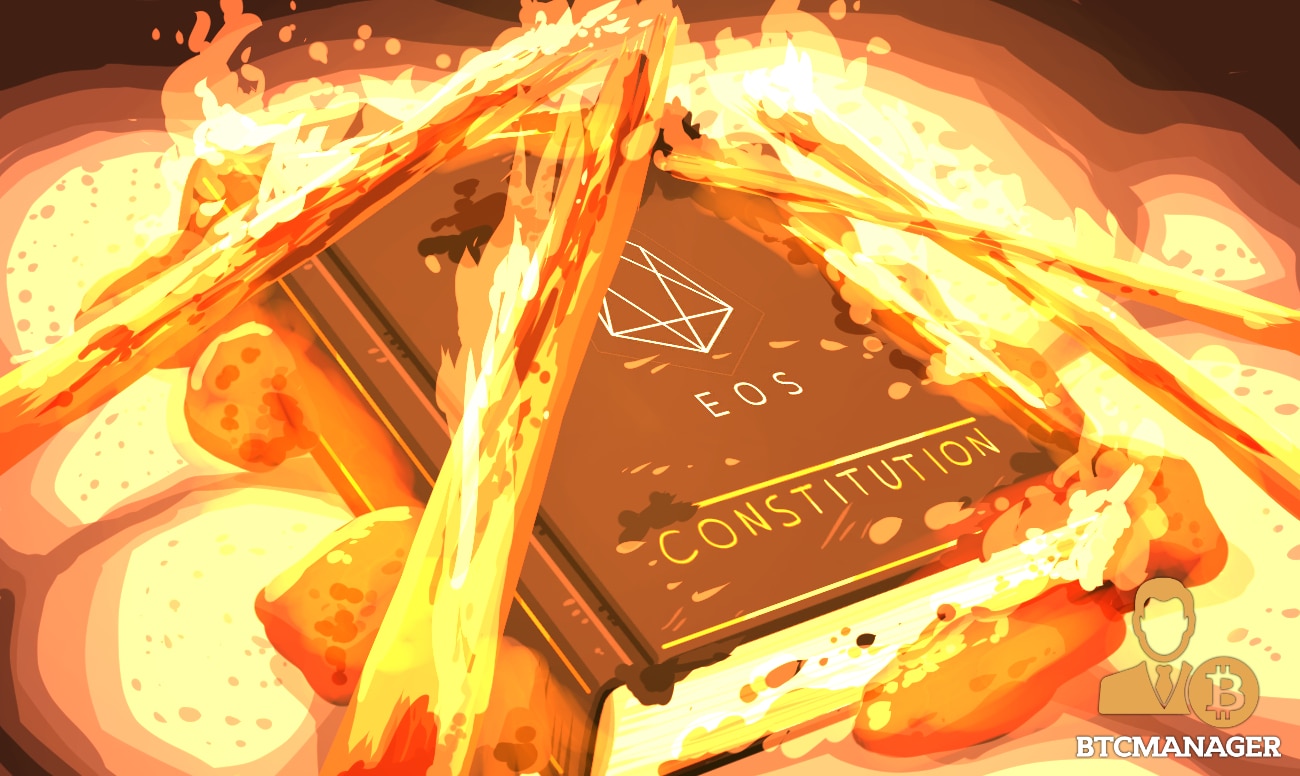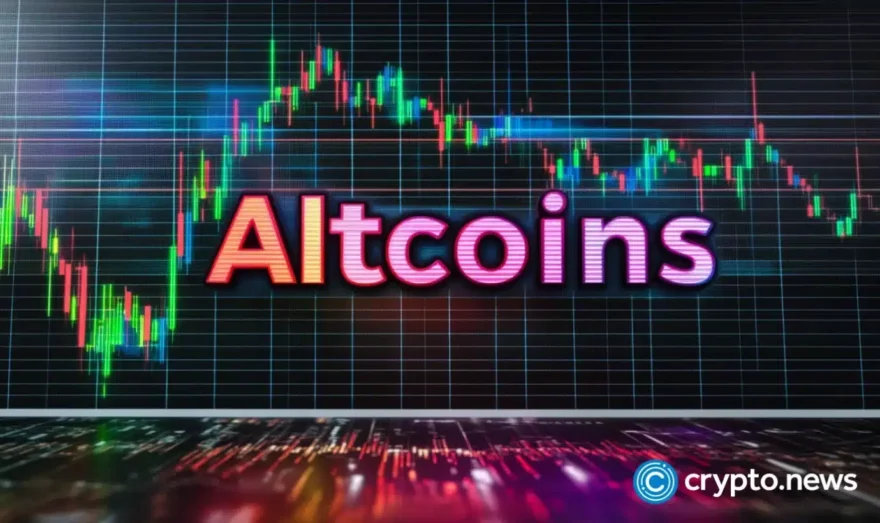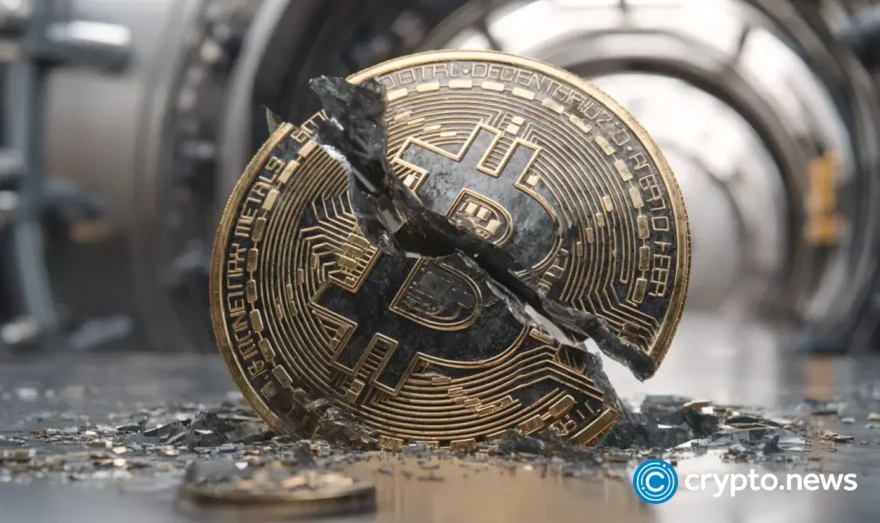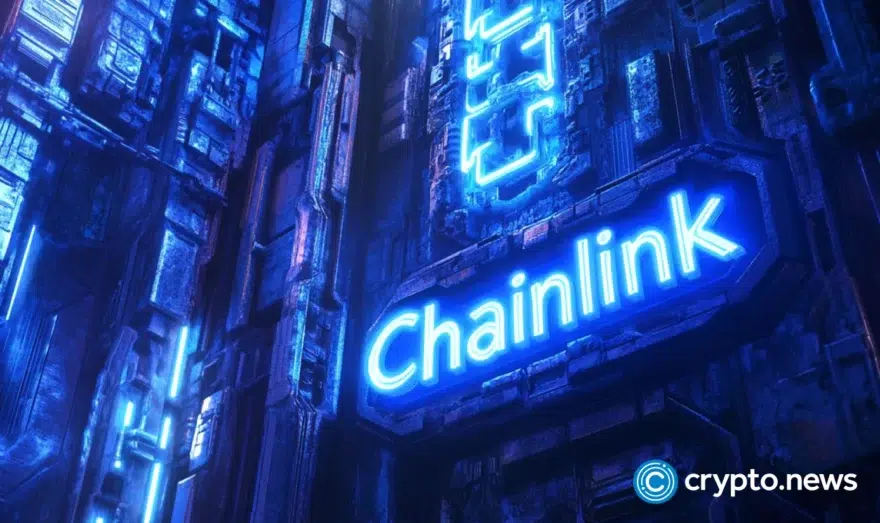EOS Under Fire After “Constitution” Violates Own Rules

EOS, the world’s fourth-largest cryptocurrency by market cap, is facing a backlash from the community over recent developments. After reports suggested 50 percent of EOS tokens are owned by less than ten wallets, the 21 block producers of the cryptocurrency decided to freeze seven EOS accounts suspected for theft.
The EOS911
As part of the EOS911 initiative, a safety protocol determined by block producer EOS42, users can claim stolen funds on a case-by-case basis. While the idea is indeed noteworthy for the broader cryptocurrency sector, the move to freeze seven wallets is a fundamental violation of the rules stated by the EOS constitution.
The constitution explicitly states such decisions to be made by requires such decision made by “arbitration bodies,” with the block producers merely executing an arbitrary decision.
In this instance, the EOS Core Arbitration Forum (ECAF), refused to freeze the accounts citing a lack of authority, as the constitution is not yet vetted by the EOS community and exists as an interim.
Regardless, the block producers took matters into their hands and froze accounts without consulting the ECAF or any member of the EOS community.
On June 17, 2018, EOS New York, one of the block producers, stated:
“We plead with the accompanying Block Producers/Candidates that the ECAF must step forward to issue the emergency freeze action on the affected accounts. Without this, we proceeded as a group to review the evidence ourselves, and came to a difficult decision of executing based upon the evidence brought forth.”
On June 19, ECAF ultimately issued an order to freeze the accounts.
Community Calls Out Move
Despite the noble motive, the process is viewed with contempt from experienced individuals in the blockchain sector. Dogecoin’s creator Jackson Palmer, who is no longer associated with the project, criticized the move on Twitter:
https://twitter.com/ummjackson/status/1008944926757814272
Echoing his thoughts is cryptographer Nick Szabo, regarded as the “father of smart contracts,” who went ahead to term the EOS constitution a “security hole” and “socially unscalable:”
In EOS a few complete strangers can freeze what users thought was their money. Under the EOS protocol you must trust a "constitutional" organization comprised of people you will likely never get to know. The EOS "constitution" is socially unscalable and a security hole. https://t.co/WusEqBMGBp
— Nick Szabo (@NickSzabo4) June 19, 2018
Other influential members of the cryptocurrency sector widely criticized the move, under understandable concerns that EOS block producers can freeze any account they want. For critics, the move is a clear violation of blockchain’s core ethos – decentralization and immutability.
Charlie Shrem, a founding member of The Bitcoin Foundation, argued with a Twitter user who believed the move can “protect people and punish baddies:”
“Protecting” “punishing”. No. No one gets to decide those things. You are hair swapping 1 nation state for another one, albeit a digital one. This is the point of crypto, no one should have that power. If you do, then we should just stop wasting everyone’s time. https://t.co/yCh6IIPGqp
— Charlie Shrem (@CharlieShrem) June 18, 2018
As the world’s fourth-largest cryptocurrency, the EOS network is under criticism from various quarters. From its highly centralized constitution to concentrated token holdings, to the year-long $4 billion ICO, the project is a reminder that market size is no indicator of authenticity.












